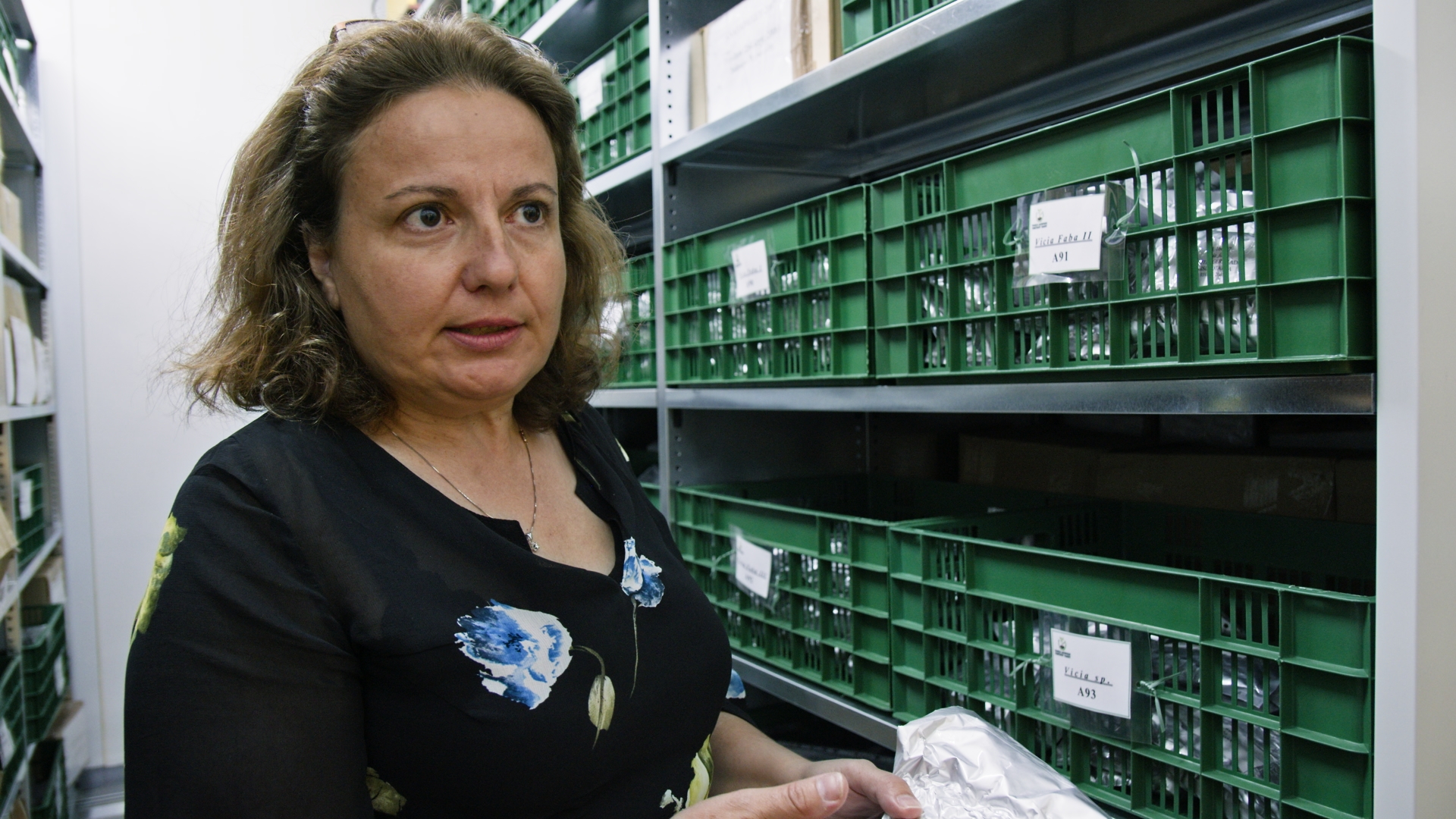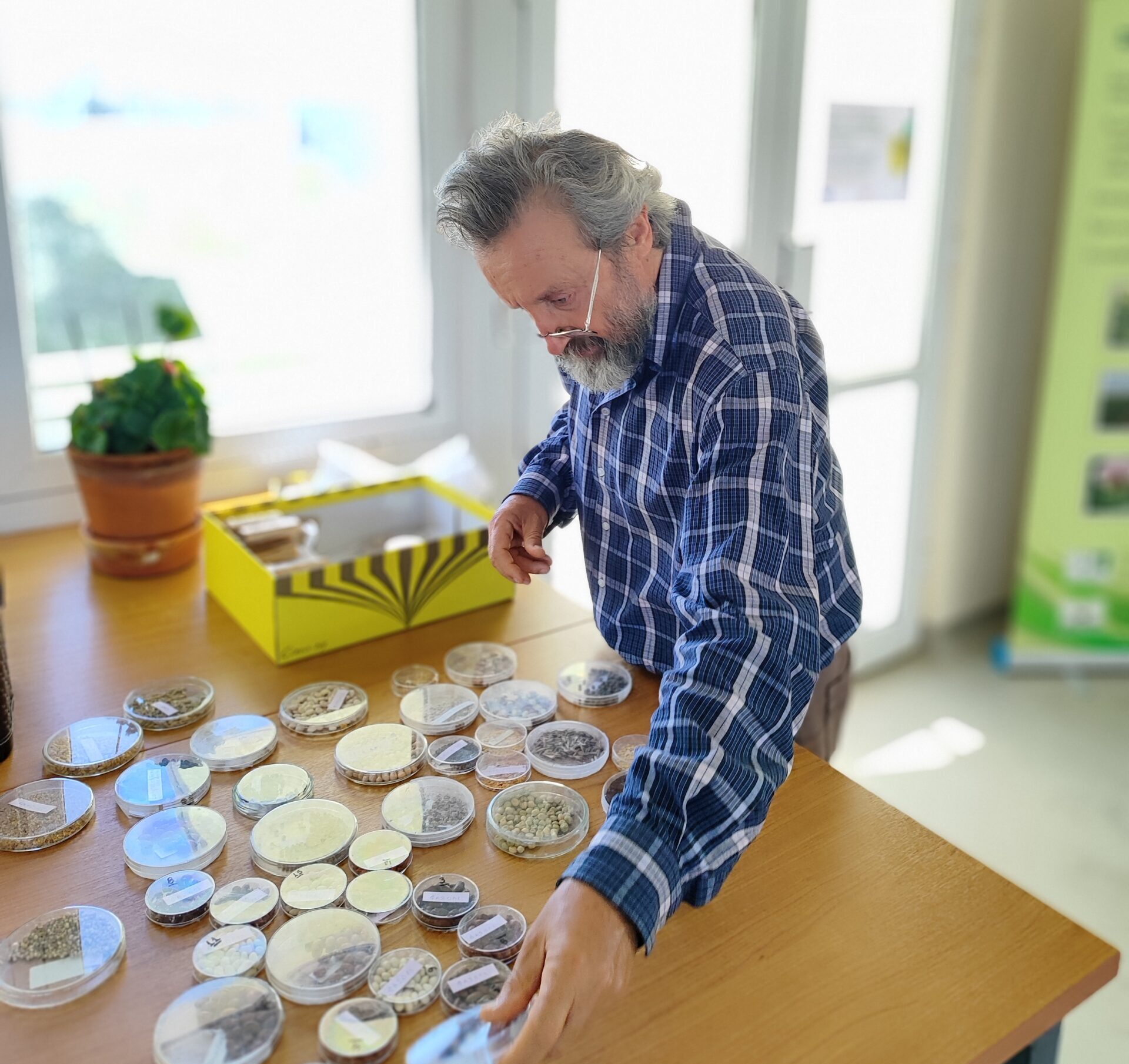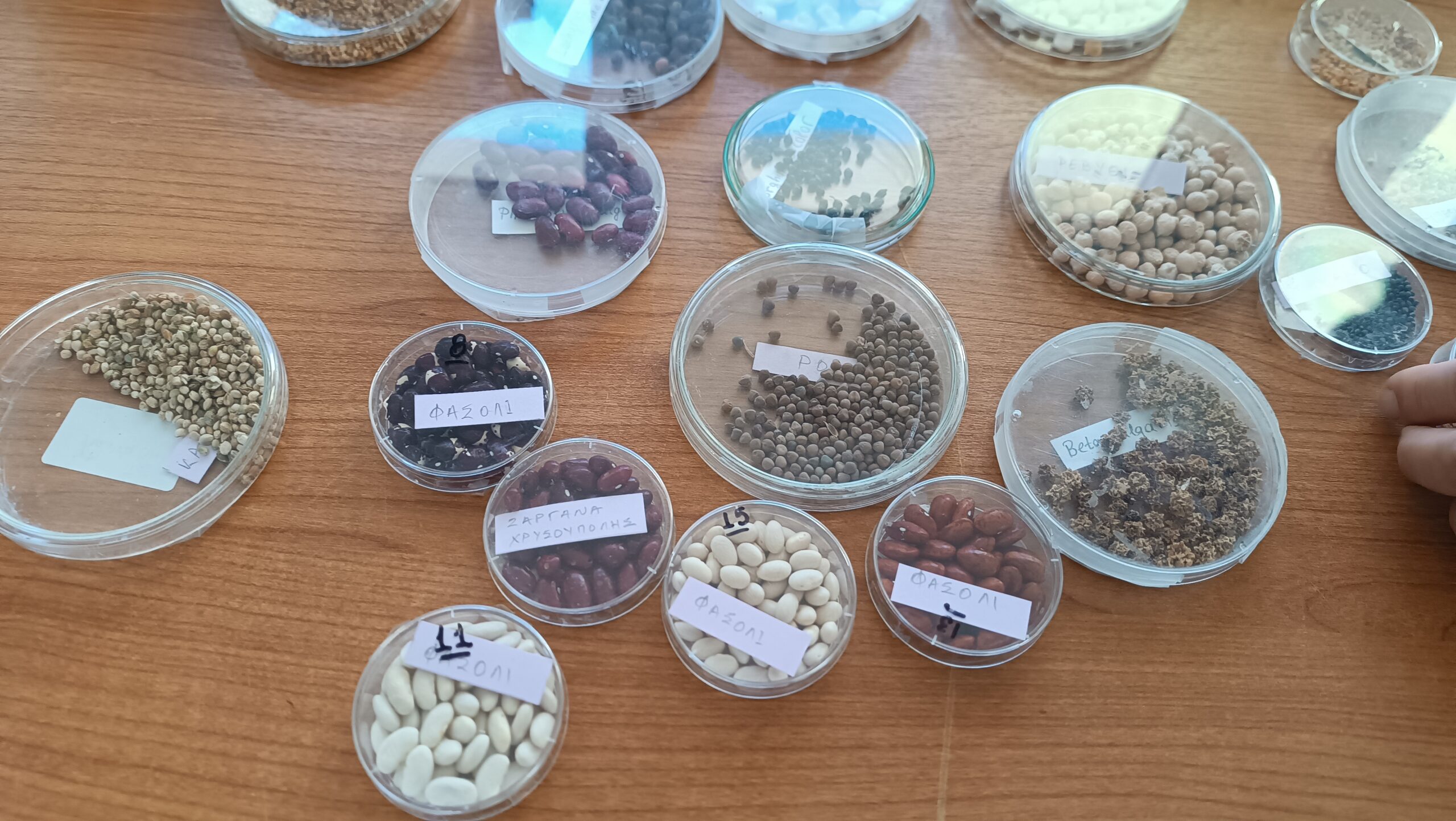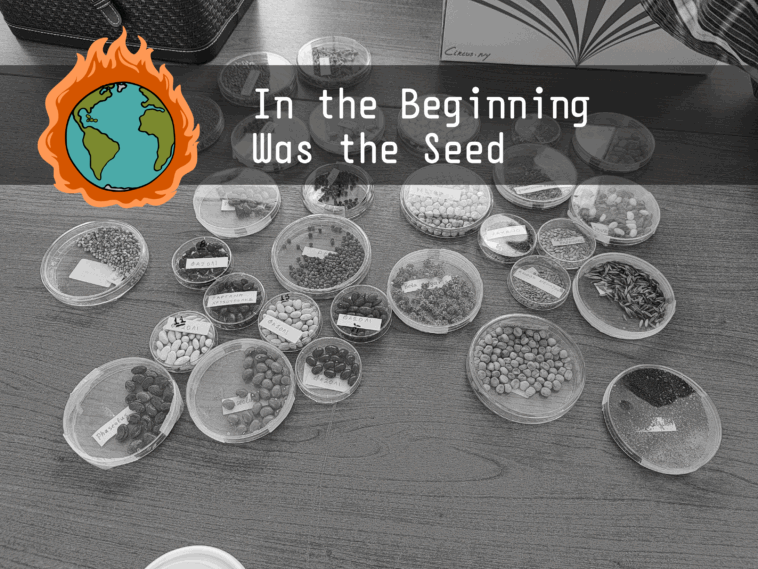Seeds lie at the heart of the agri-food system, and, in truth, at the heart of human survival itself. They are nature’s storehouse of the genetic potential of cultivated plants and their varieties, the product of centuries of careful selection and improvement carried out across generations of farmers. Perhaps this is why traditional varieties carry with them scents and memories, both culinary and cultural, of the places where they are grown.
Access to seeds is crucial for food security, and even more so for food sovereignty: the right of local communities to determine their own systems of agriculture and nutrition.
Yet according to the UN’s Food and Agriculture Organization (FAO), roughly 75 percent of global seed diversity was lost in the 20th century due to monocultures. Today, just four companies, Bayer, Corteva, Syngenta, and BASF, control 57% of the commercial seed market, with Bayer and Corteva alone holding 42% . Traditional varieties, once the foundation of agriculture, now mostly survive in seed banks as genetic reservoirs, pushed aside by industrial production.

“When we talk about traditional varieties, we mean seeds that are locally adapted, of historic origin, not genetically improved, and matched to the agricultural practices of their region,” explains Popi Ralli, a researcher at the Institute of Plant Breeding and Genetic Resources and head of Thessaloniki’s gene bank. “These varieties have many advantages, and that’s why we don’t want to lose them. They are adapted to difficult soil and climate conditions, resilient to both biotic and abiotic stresses, because over centuries they have adjusted to specific regions. They can perform well in saline soils, in dry and hot environments, or in areas with very high temperatures. They are tailored to special conditions.” Ms. ralli tells Alterthess
Could such varieties prove valuable in meeting the challenges of climate change, such as heatwaves and drought?

“They clearly have an important role to play,” says Roikos Thanopoulos, a collaborator at the same institute. “They are oriented toward low-input farming, meaning little water, few or no pesticides, little or no fertilizer. That helps reduce energy costs and environmental pollution, which makes them valuable under current conditions.”
Yet even these traditional seeds face growing pressure. “The effects of the climate crisis are so rapid that local varieties may not have time to adapt,” Thanopoulos cautions. “Rainfall patterns have shifted not only in quantity but also in seasonality. At sowing time, there may be no rain to plant a local variety, or any variety at all. Or crops may germinate, but then face temperatures or humidity levels in spring that prevent them from maturing and setting fruit. A hot wind could wipe out the yield altogether. These are real problems. Research is needed into how these crops can be managed so they can survive, reproduce, and remain in cultivation.”
Meanwhile, under the pressure, or the pretext, of the climate crisis, the European Union is considering loosening its restrictions on genetically modified organisms (GMOs) and introducing a new generation of engineered crops. Biotech companies argue that they can quickly produce plants resistant to drought and disease, with higher yields.
Watch the vido: At the Institute of Plant Breeding and Genetic Resources save the traditional varieties
Mr. Thanopoulos is highly skeptical. “Experience shows that GMOs have not lived up to the promises of the companies that created them in terms of effectiveness. Yes, they may succeed in narrowly targeted goals, for example, resistance to certain insect pests, but they have also created new problems for the environment, human health, and even the crops themselves.” He stresses that any non-native technology requires extremely strict scientific scrutiny, adding that solutions to complex issues like the climate crisis are never one-dimensional. “They must be multifaceted and rooted in society and the environment.”
Jean Thevenot, a representative of the movement Via Campesina,which is fighting at the European level to block the relevant proposal, is outright opposed to the introduction of new GMOs. Speaking to Alterthess, he said: “The companies claim these new GMOs are for the climate, but we have not seen a single plant developed that is actually climate-resilient. Most are resistant to pesticides or produce their own pesticide, and in every case, there is a patent attached. This is about profit, not about the climate,” he maintains.

Up until this point, the European Union has maintained some of the world’s strictest GMO regulations, requiring clear labeling on packaged foods that contain modified ingredients so that consumers can make informed choices. EU law also allows member states to decide individually whether to cultivate GM crops. Greece, for its part, has consistently renewed a ban on the cultivation, trade, and distribution of GMO seeds; not a single modified seed has ever been planted in the country.
But during the current debate on new GMOs, Greece appears to be shifting its stance. According to the seed network “Sito,” in a March 14, 2025 vote at the level of EU ambassadors, Greece gave its approval for the process of relaxing the legislation on new genetically modified plants to proceed to its final stage. In earlier interim votes, the country had maintained a broadly neutral position. This change sparked backlash from the Panhellenic Federation of Public Sector Agronomists, which noted that the Agriculture Ministry’s relevant department had actually recommended the opposite course, “in favor of consumer health and the primary sector, and not of multinational interests,” as its statement put it.
The final decision now rests with the European Parliament.
The research “The Climate was already bad” was realised with the support of Rosa Luxemburg Stiftung-Office in Greece. Read the complete research here.


